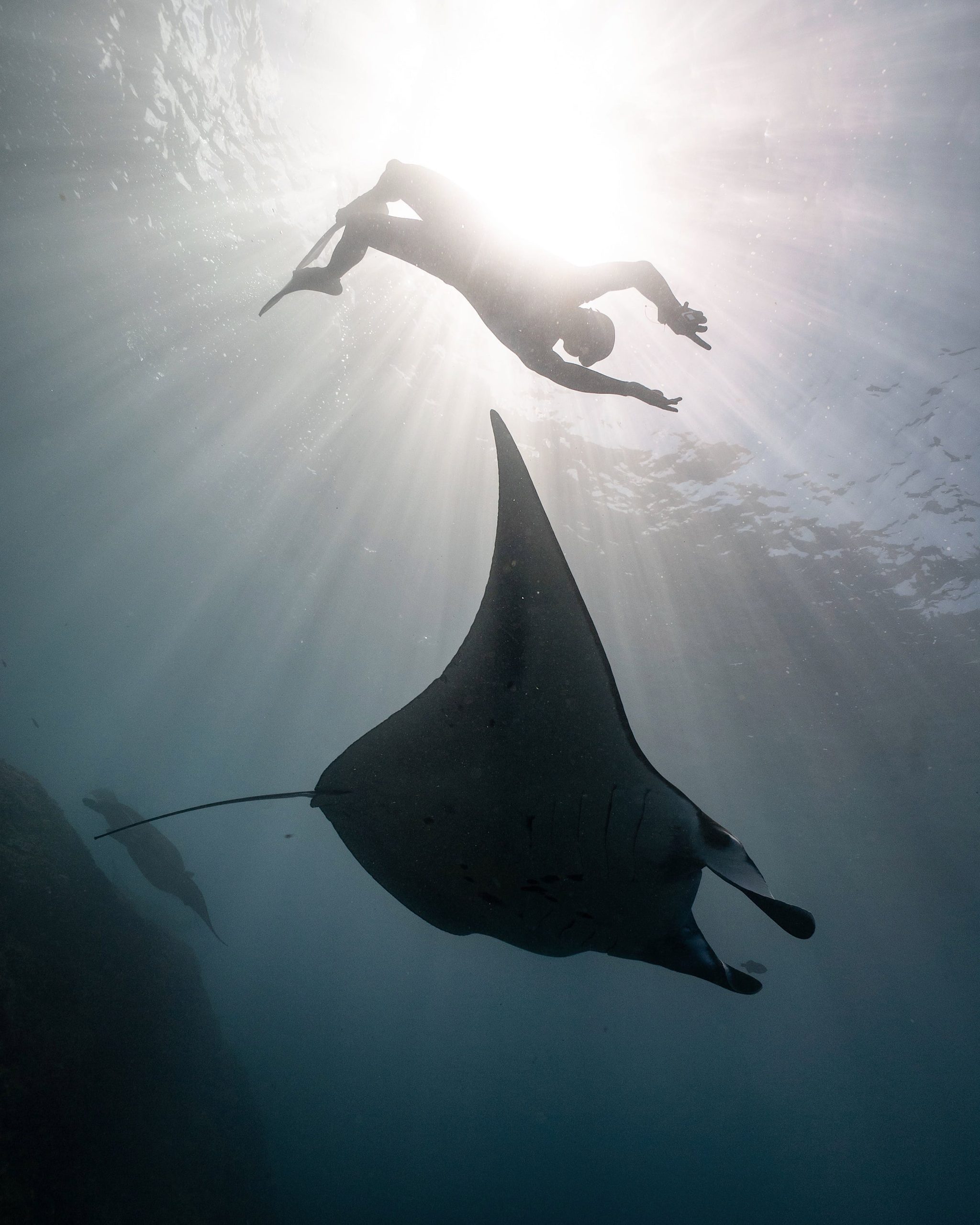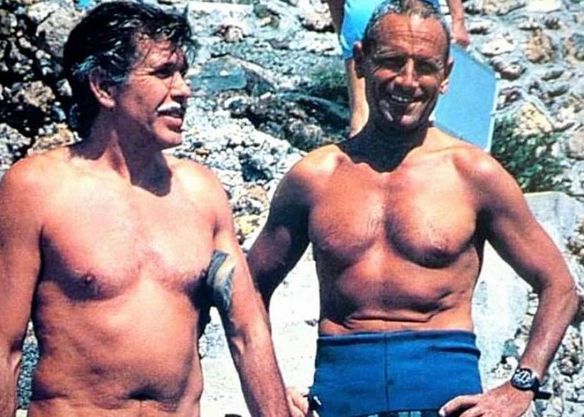WHat is freediving?
Some history
Freediving (or apnea) is a sport where one goes underwater on a single breath. It is an ancient practice rooted in human history, tracing its origins back thousands of years.
Historically, various cultures engaged in breath-hold diving for different purposes, such as hunting, collecting resources, and exploration. Indigenous peoples, notably the Ama divers in Japan and the Bajau in Southeast Asia, have long employed freediving techniques for subsistence and cultural practices.
In more recent history, freediving evolved into a competitive sport in the early to mid-20th century, with the establishment of formalized rules and organizations. Enthusiasts like Jacques Mayol and Enzo Maiorca brought attention to the discipline, breaking depth records and paving the way for the organized competitions we see today. Modern freediving combines athleticism, science, and a deep connection to the aquatic world, drawing on a rich legacy of human interaction with the sea.
Jacques Mayol and Enzo Maiorca
Freediving Disciplines
Freediving encompasses various disciplines, each showcasing the diver’s skill, endurance, and adaptability in different ways.
Static Apnea focuses on breath-holding underwater without any movement, challenging individuals to extend their time submerged.
Dynamic Apnea involves swimming horizontally underwater on a single breath, with variations like bifins or monofin used to cover distances.
Constant Weight is a discipline where divers descend and ascend using their own muscle power without changing their ballast (weight size), sometimes with the assistance of a monofin.
Free Immersion allows divers to use a rope to descend and ascend usually without fins.
Variable Weight permits the use of a weighted sled for descent and a method of ascending, such as swimming or pulling on the rope.
Each freediving discipline demands unique skills and strategies, contributing to the diverse and dynamic nature of the sport.
Freediving in the Maldives can either be done on the rope, or simply being totally free following the currents along the reefs, a sort of adventurous way of training that I find just as entertaining and efficient.

Why do it?
Freediving offers a transformative and enriching experience that surpasses the boundaries of conventional water activities.
Beyond its physical benefits, such as improved lung capacity and cardiovascular health, freediving encourages a profound connection with the underwater world, its inhabitants and fosters a sense of mental resilience and self-awareness. It is a liberating journey where individuals discover the remarkable capabilities of their own bodies and explore the depths with a heightened sense of mindfulness.
Freediving’s accessibility to all skill levels makes it a unique and inclusive adventure, opening the door for anyone to discover the beauty of breath-hold exploration and the serenity that lies beneath the surface.
The sense of accomplishment and harmony with nature make freediving a compelling activity that enriches both body and mind, making it an experience worth trying for everyone.
Join me in the Maldives and witness the authentic and profound connection that can be forged with the mesmerizing world of underwater creatures!


